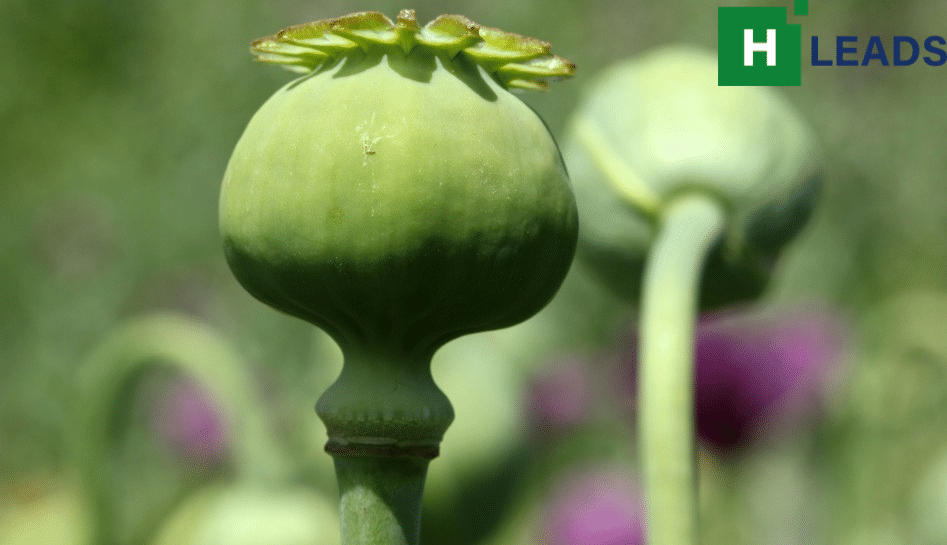Heroin made from Afghan opium makes up 95 percent of the market in Europe
After the Taliban decreed that cultivation of the poppy is strictly prohibited in Afghanistan, a UN drug report says opium harvest in Afghanistan may see a drastic drop in 2023.
“Early reports suggest reductions in poppy cultivation in Afghanistan,” says World Drug Report 2023. “Time is needed to determine whether trends hold and the effect that may have on global heroin markets, especially those sourced by opium from Afghanistan,”
In 2022, Taliban banned poppy– from which opium, the key ingredient for the heroin can be extracted. Taliban passed the order that anyone violating the ban would have their field destroyed and be penalised according to Sharia law. Afghanistan used to produce more than 80 percent of the world’s opium.
Heroin made from Afghan opium makes up 95 percent of the market in Europe.
In 2022, production in Afghanistan reached 6,200 tons, equivalent to 80 percent of the estimated global production (7,800 tons),and was followed in volume by Myanmar (795 tons) and Mexico (504 tons).
Although the global area under opium poppy cultivation increased by more than 26 percent from the previous year, primarily linked to increases reported from Afghanistan (32 percent) and Myanmar (33 percent), global opium production declined marginally (3 percent) over the same period.
This was due to the less opium being produced in Afghanistan (10 percent less) as a consequence of droughts in early 2022.
“The 2023 opium harvest in Afghanistan may see a drastic drop following the national drug ban, as early reports suggest reductions in poppy cultivation. The benefits of a possible significant reduction in illicit opium cultivation in Afghanistan in 2023 would be global, but it will be at the expense of many farmers in the country who do not have alternative means of income generation,” the UN drug report says. “Afghanistan is also a major producer of methamphetamines in the region, and the drop in opiate cultivation could drive a shift towards synthetic drug manufacture, where different actors will benefit.”
According to some independent reports after the last year’s ban, Afghan poppy production has plummeted by an estimated 80 percent as cultivation in Helmand province, which once produced around four-fifths of Afghanistan’s poppies, fell to around 2,500 acres this year, down from 320,000 the year before.
Also Read : Over 1 million Afghan children risk stunting due to malnutrition: HRW


















Add Comment